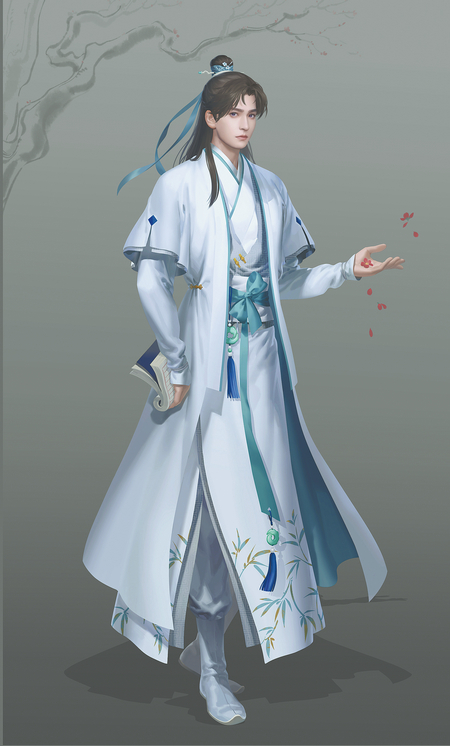

"We need not only promote self-improvement and self-confidence and develop cultural undertakings and industries but also enhance the influence of Chinese civilization," Xiang said.
Xiang shared his thoughts on trends in the industry. He mentioned 10 key terms of the industry in 2022 that included "metaverse cultural industry, immersive cultural tourism experience, digital empowerment of rural vitalization, artificial intelligence and ice-snow industry".
He predicted that in 2023 the digitalization of China's cultural industry will enter a new stage and give rise to new opportunities, virtualization and intelligence development, with "metaverse" moving mainstream.
"The recovery of the cultural industry in the post-pandemic era will accelerate and give rise to new vitality, and the cultural industry will continue to contribute to the vigorous development of rural vitalization," he said.
The main forum was broadcast live on different platforms, including Sina Weibo, Bilibili, Douyin and WeChat, and was watched over 1.25 million times by audiences across the country who interacted online.
This year marks the 20th anniversary of the forum, which aims to provide insights into the progress of China's cultural industry through the intersection of academic thinking and practical innovation.
A short film on the forum's 20 years was released during the opening ceremony.
"Metaverse" was a major topic during the two-day event. The Institute for Cultural Industries launched a report on the "modern expression of Chinese culture" via the technology during the forum.
Xiang delivered the report that systematically elaborates on the main technical aspects, expression paths and application of scenarios of cultural DNA "empowered by meta universe".
Chen Shaofeng, head of the academic board at the Institute for Cultural Industries, said the industry's development has been through three historical stages, from media-based and internet-based to the current technology-based.
"The feature of the 'metaverse' cultural industry is the integration of humanistic and technological immersion and the combination of online and offline activities," Chen said, adding that the "metaverse "is "more asset-light or technology-driven experience".
Chen said the main aspect of the "meta universe", which is a core concept of digital economy in a specific industrial field and application scenario, is cross-industry integration.
He added that new features of the business model included the demand for skilled workers, an increase in the proportion of digital technology and the coexistence of business opportunities and challenges in the copyright industry.
Ma Ke, CEO of AiHuaShen Technology Beijing, a company focused on "metaverse" digital integration marketing, said the emergence of the approach provided a wide space for the production, dissemination and application scenarios of digital culture.
He said "metaverse" can be applied in various cultural fields such as intangible cultural heritage, scenic areas, cultural relics, rural culture and festivals.
"We are looking forward to using 'metaverse' to bring new stories, experiences and consumption, and using technology to empower culture, and meanwhile using culture to give value to technology," Ma said.
Contact the writer at liyingxue@chinadaily.com.cn